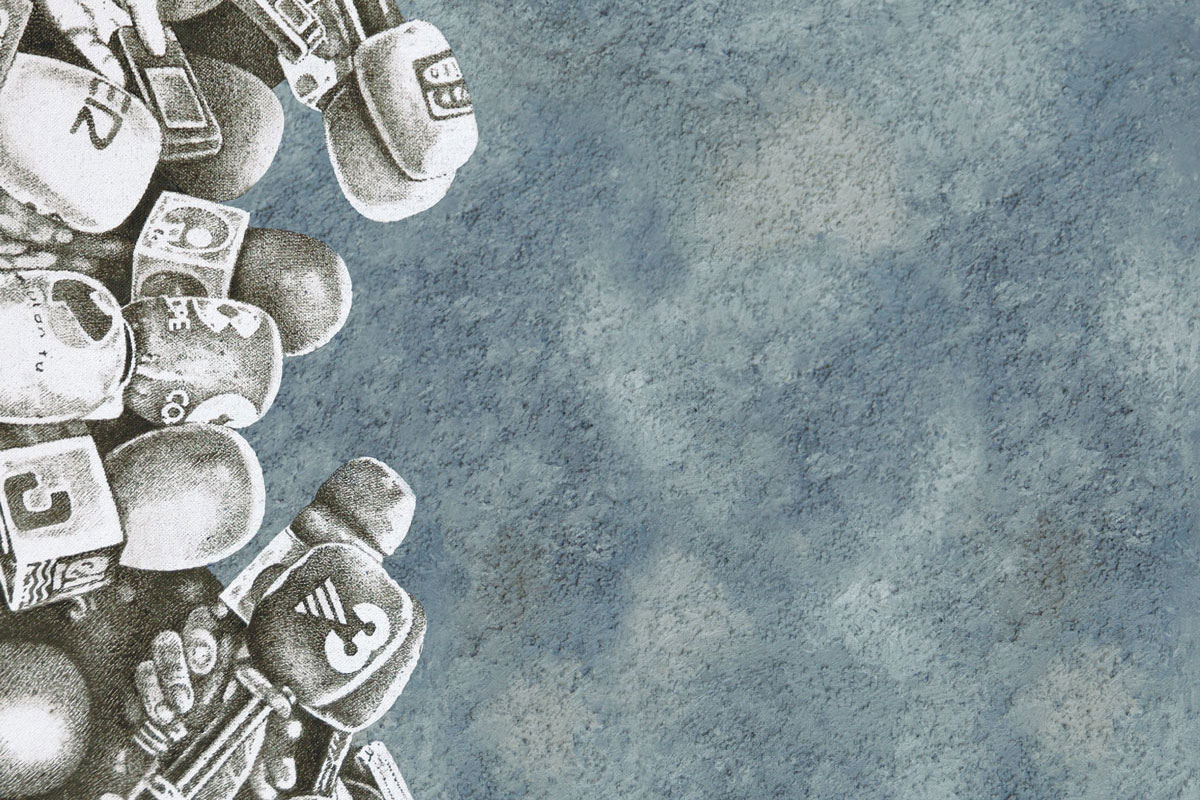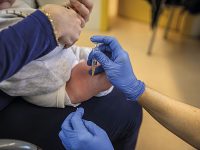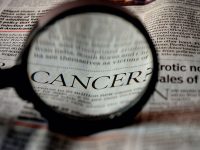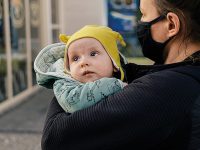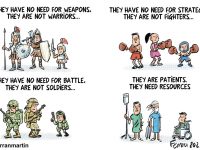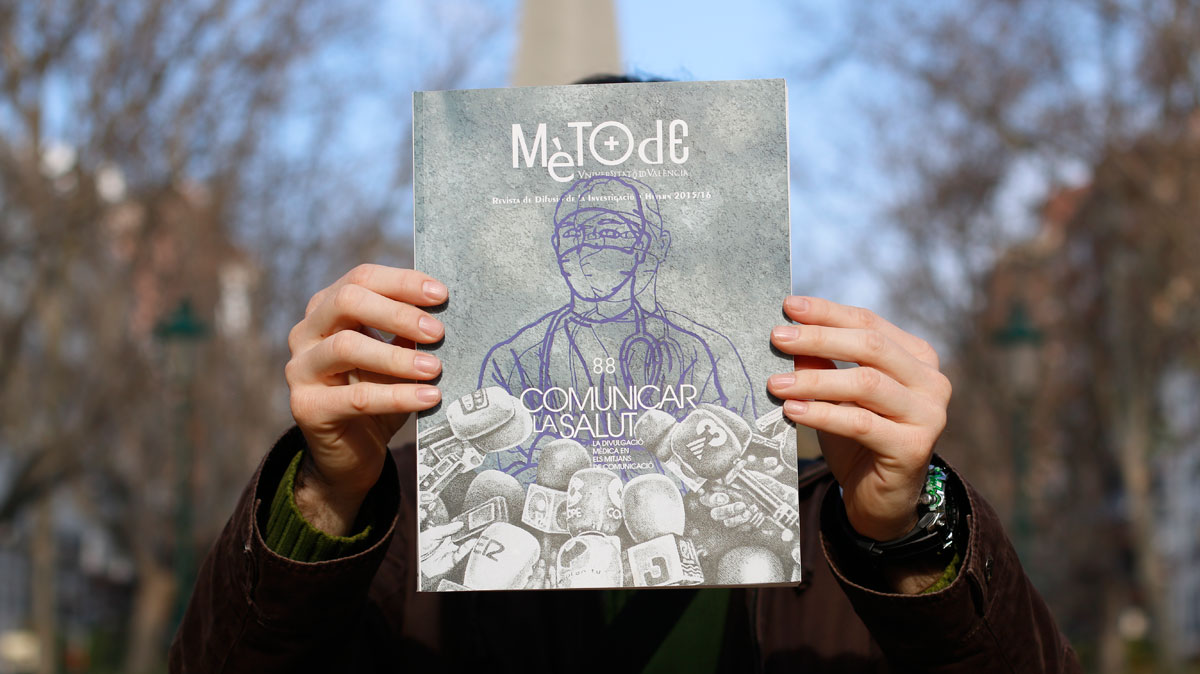

Journalist Lucía Sapiña coordinated Mètode‘s monograph focused on health communication.
Few issues have a deeper importance than our own health and our loved ones’. One’s well-being and the chance to have a full life are legitimate aspirations for every person. It is necessary, then, to know and have the tools to both keeping ourselves healthy and managing the different stages of an illness.
It should be noted that the concepts of health and illness have and will change over time, depending of different factors such as the cultural and political context, the state of research and medical knowledge, the patients’ ability to claim their role as protagonists… In this sense, communication plays a key role.
For this reason, we dedicated an issue of Mètode to reflect on health communication. This monograph offers a firsthand view of which are the challenges faced by health communication: how public health campaigns are articulated, what is the function of media in the promotion of healthy habits, if some illness carry a stigma while others do not, how a health crisis should (not) be handled, and what role social networks play in the creation of groups with shared interests in health topics.
Issues such as vaccines, the proliferation of «miracle products» for every type of ailment as well of diets based on myths, or the discredit experienced by some fields of orthodox medicine –to name just a few examples– do pose several challenges. Citizens, more active now than ever, consume, pass on and create content on health. Moreover, Internet allows a much faster knowledge transfer, but this also goes for misinformation. Recent cases of fraud on the part of a fake ill person, as well as the manipulation of a child by their parents for their profit, should remind us the responsibility held by media, which should have a clear criteria to avoid participating in the spread and magnification of these hoaxes. Information is now more fragmented that ever. So now it is the time to offer tools and guidelines that help media to collaborate with society in such important matters.
Good communication is fundamental in the promotion and maintenance of individual and collective health. Despite the vast amount of information we can currently access, misconceptions still persist in fundamental topics such as vaccination or the prevention and treatment of certain serious or chronic diseases such as cancer or AIDS. People

